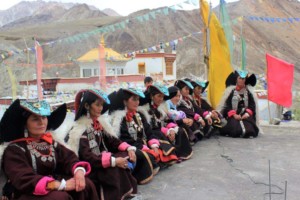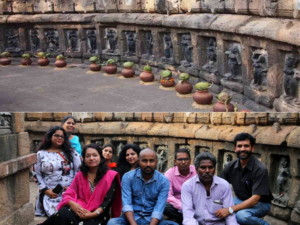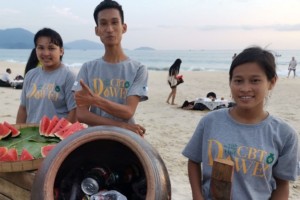How will rural tourism in India survive the COVID crisis?
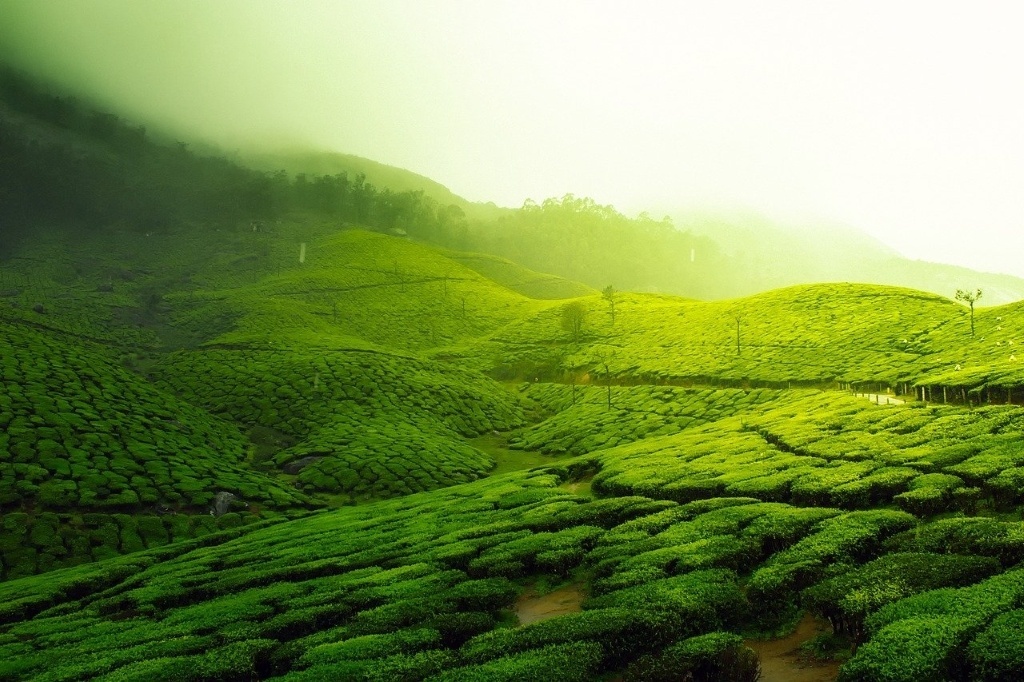
Social entrepreneur Kumar Anubhav writes about the existential problems facing rural tourism stakeholders in India, and the survival and sustainability solution he and his friends are rolling out as Project TraVival; the subject of this “Good Tourism” Insight.
COVID-19 has not only changed the way we work, live, and think, but it has also changed people’s priorities, fears, perceptions, and aspirations. Post-COVID-19, people will be much more aware of their travel experience, whether for work or leisure, and the consequences it might have on their health and well-being.
In the new normal, cleanliness, safety, and security will be more important than luxury and convenience. In addition, ensuring a sustainable travel environment across the country will be very important. We need to create guidelines for responsible travel for all stakeholders. What was niche yesterday is a necessity now. Project TraVival is creating a special series along these lines for host communities and travellers.
A communications problem
The travel & tourism industry has been most affected by the coronavirus pandemic and subsequent lockdowns. In rural India, communities that rely on the visitor economy face twin threats; the evaporation of their business and a vulnerability to the coronavirus.
To mitigate the latter, various governmental and organisational guidelines have been rolled out but they are often contradictory and are, in any case, difficult for rural communities to comprehend and to implement. Adding to the problem, a lot of locales do not have extensive access to the internet or social media to keep up with new information. The resultant lag in their understanding of the health and safety standards required in the “new normal” will sabotage the survival and revival of their tourism businesses.
It is with these problems in mind and some ideas on how to solve them that Project TraVival was conceived; after conducting dozens of webinars with more than 2,000 community members and about 50 organisations from across 17 states in India.
Project TraVival aims to empower the rural communities of India by imparting knowledge and helping them become more technologically aware. All rural communities deserve to understand the problems created by COVID and so we are providing them with an open-source online e‑learning platform to train them in ways that might help them revive their businesses post-pandemic.
A community focus
The core focus of TraVival is rural communities, including homestay owners, village panchayats (councils), teachers and their students, women, and even travellers i.e. all the stakeholders of rural tourism in India.
For these vast and diverse audiences we are producing and will publish online more than 200 videos in more than 20 regional languages. Divided into 12 modules, the videos address the uncertainties surrounding the future of travel & tourism, and provide clarity on the steps to be taken to revive tourism businesses. Beyond COVID-specific guidelines, the topics of our videos also include, for example, the basics of operating a homestay, and what communities can do to help revive tourism.
Integral to Project TraVival are its training, certification, and audit programs. To that end we will identify local “champions” and train them to be trainers so that they can conduct TraVival programs within their communities. With their help and the help of our 200+ videos we guide homestay owners and villages to become more sustainable tourism destinations; for sustainability is the need of the hour.
After the training programs, we will conduct Q&A webinars to clear up any misunderstandings. And participants will receive certificates. To ensure that stakeholders implement guidelines in their respective communities, we will undertake audits.
All of the Project TraVival outputs, from the videos to training aids, will be online, open-source, and free of any cost so that they have every chance of reaching all of the grassroots communities of India.
The power of people
Many of the people involved in our project have long experience working at the grassroots level. They understand the potential problems these communities will face. We have also picked up various subject matter experts so that different perspectives can be taken into consideration.
Our team consists of eminent people too, such as Raj Basu, founder of Help Tourism and a rural tourism advisor with the Government of Arunachal Pradesh; Rupesh Kumar, state coordinator of the Responsible Tourism Mission, Government of Kerala; Dr Arun Chandan, regional director at the National Medicinal Plants Board, Government of India; and Sachin Kumar who is an expert in impact evaluation and green livelihoods and who has represented India at the United Nations.
My colleagues and I are excited to see how this project pans out. At minimum we expect the videos will spread awareness among rural communities about the steps to be taken for rural homestays to survive the new normal. And we hope that the basic principles of sustainability will filter out across India so that one day we will see that Project TraVival has had a positive impact on sustainability metrics at the national level.
What do you think? Share a short anecdote or comment below. Or write a deeper “GT” Insight. The “Good Tourism” Blog welcomes diversity of opinion and perspective about travel & tourism because travel & tourism is everyone’s business.
Featured image (top of post): India tea plantation. By 12019 (CC0) via Pixabay.
About the author
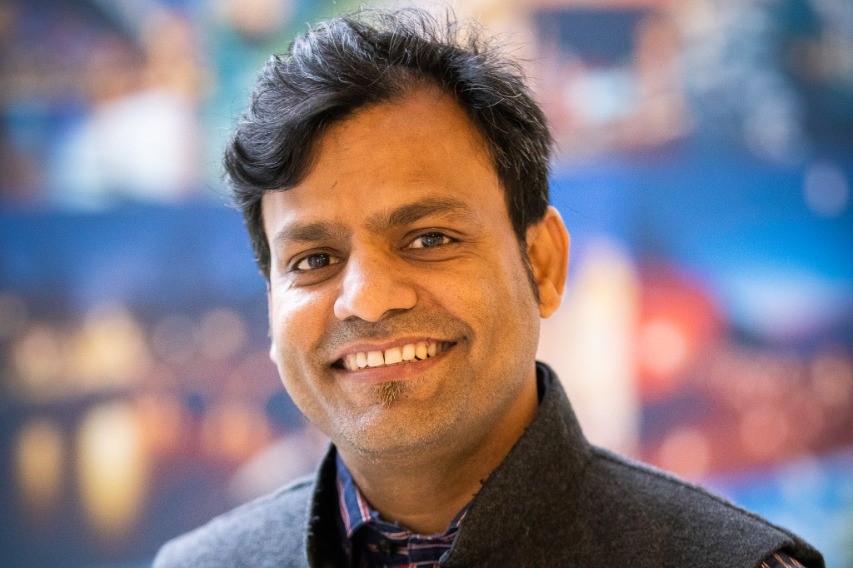
Kumar Anubhav is a certified mountaineer and a social activist with a passion for purposeful travel. He has travelled extensively across India and around the world, including as an expedition team member in Antarctica.
In February 2016, Kumar quit his well-paid 11-year corporate career in big data analytics to make his life “more meaningful”; to bring positive change to the lives of India’s farmers by creating sustainable alternative livelihoods for them. He started with a single house by the side of a river somewhere that is today rated one of India’s top AirBnB stays.
Thus the concept of NotOnMap was born. Leveraging digital platforms, NotOnMap presents the unique cultures, lifestyles, and landscapes of rural communities as attractions for discerning travellers who seek truly authentic experiences. NotOnMap has since been globally-acclaimed and awarded.
Befitting his previous career, Kumar holds an engineering degree in electronics & communication from Delhi College of Engineering.


